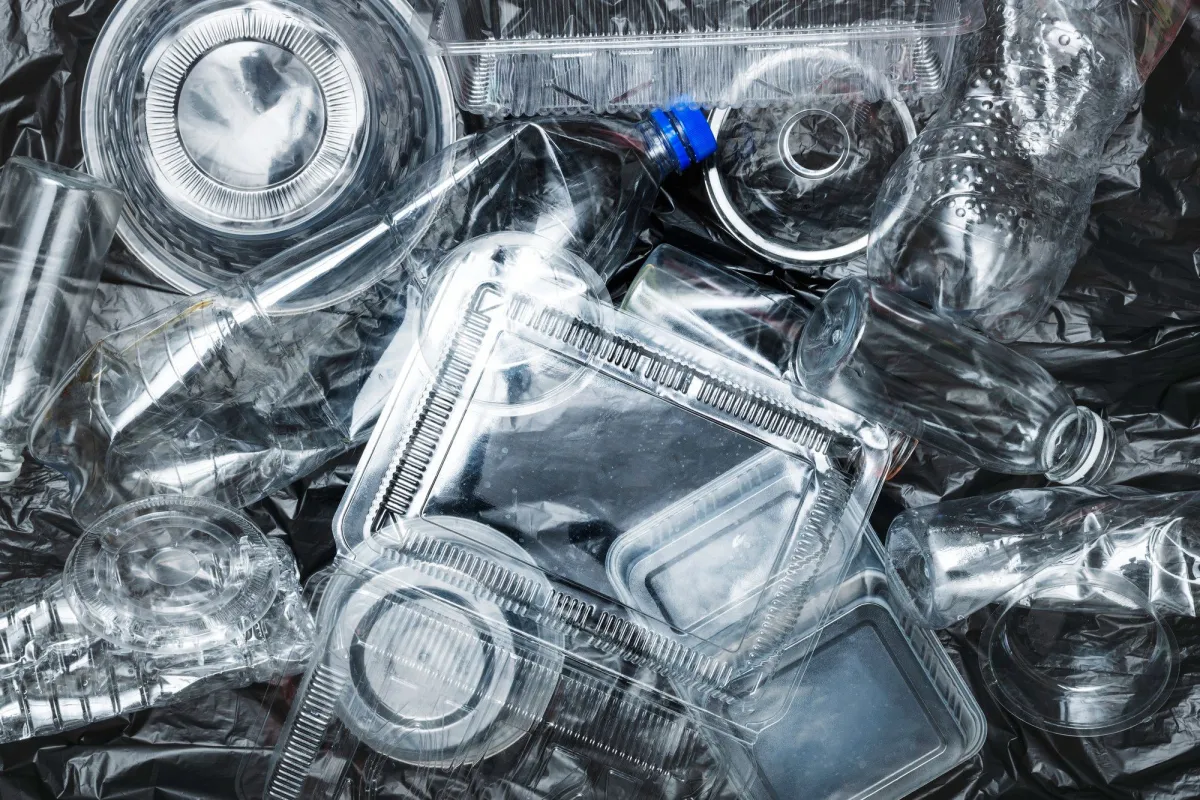
The Department of Foreign Trade, under the supervision of the Ministry of Commerce, has heard suggestions about the “Importing Plastic Wastes Law (Draft)” to control the plastic waste imports of the National Environment Board, under the supervision of the Cabinet. On February 21, 2023, the Cabinet agreed with the policy to control the plastic waste imports, as proposed by the Ministry of Natural Resources and Environment. The proposals are as follows:
(1) For the next two years (2023-2024), it is allowed to import plastic waste in general areas, especially in case there is no plastic waste in the domestic country or not enough amount of plastic waste, in the quantity in accordance with the actual production capacity with under the control of Department of Industrial Works’ import permission;
(2) By 2024, all plastic waste will be banned.Furthermore, the Cabinet agreed with the policy to control plastic waste imports in accordance with the proposal of the Ministry of Natural Resources and Environment. The objective was to reduce the environmental effects and the plastic waste in the country and avoid making Thailand the dumping ground for plastic garbage from other countries. The Cabinet warned the Customs Department, the Department of Foreign Trade, and the Ministry of Industry to follow this policy.
The following concepts of the policy to control plastic waste were included:
1. By the deadline of December 31, 2024, there will be a ban on foreign plastic waste imports. The Ministry of Commerce will make an announcement to declare plastic waste as a banned import product in the country;
2. Plastic waste importing in free zone areas (in 2023-2024) is allowed in only 14 industrial factories, i.e., only in factories using plastic waste as the main raw material in manufacturing products for export; the factories must be located in the free zone areas and may import plastic waste that is not more than the actual production capacity of 372,994 tonnes in total. In 2023, they may import 100% of the actual production capacity, but, in 2024, they may import not more than 50% of the total production capacity. All imports must be under the control of environmental monitoring and control standards to reduce pollution within the country, such as separating types of plastic waste, not clustering all types together, and using plastic as a raw material in manufacturing products for export only, among other rules;
3. Plastic waste imports in general areas (in 2023-2024) are allowed only when there is not enough domestic plastic waste or not enough capacity for plastic usage. This permission is under some restriction; for instance, the operators of the plastic factories must show the legal documents that prove the necessity to import the plastic waste and not obtain it from domestic sources, and they may import only quantities in accordance with the production capacity, import only for raw materials in production only (not including plastic sorting or plastic recycling), and only bring them to the production procedures but not manage them in the cleaning process.